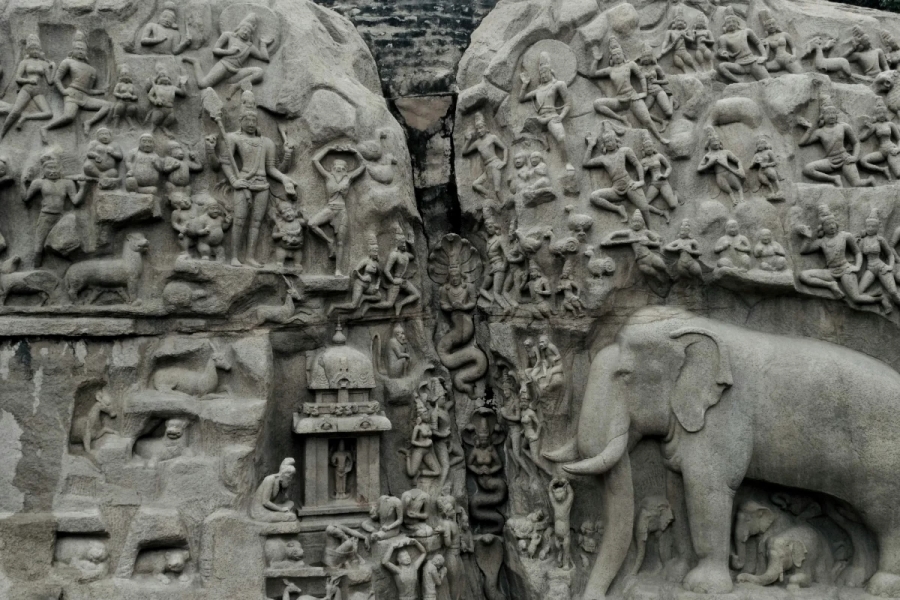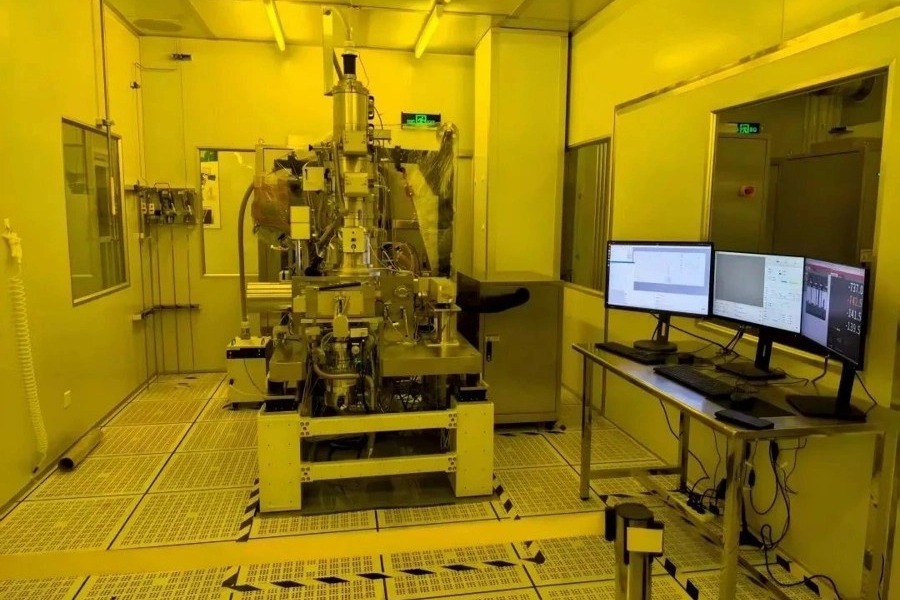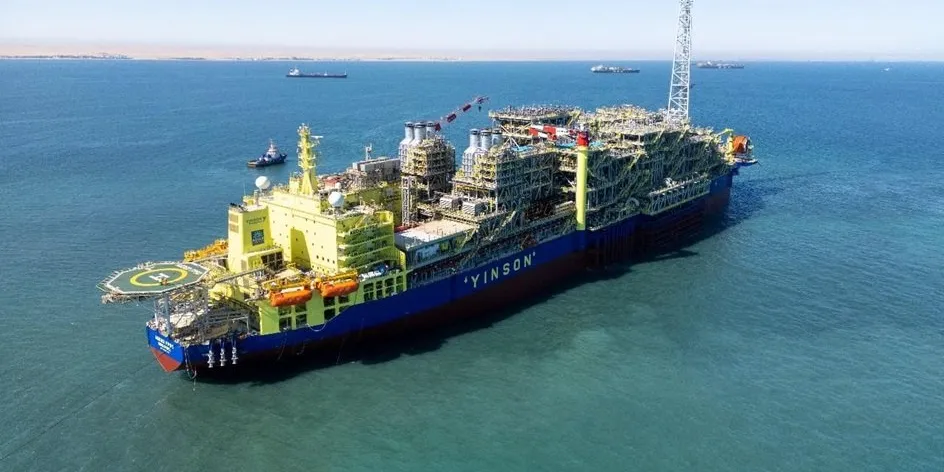Unearthing History: ASI's Cutting-Edge Underwater Exploration Resumes Near Mahabalipuram

Mahabalipuram, Tamil Nadu – The Archaeological Survey of India (ASI) has reignited its underwater archaeological exploration off the coast of Mahabalipuram, marking a significant return to research nearly two decades after its last major survey. This ambitious project, reported by The Hindu, leverages advanced Remotely Operated Vehicle (ROV) technology to probe the depths and uncover potential remnants of a rich, submerged past.
A Long-Awaited Return to the Depths
The coastal town of Mahabalipuram, a UNESCO World Heritage site renowned for its stunning shore temples and ancient rock-cut architecture, holds a compelling mystery. Legends and historical accounts suggest that a bustling port city once thrived here, potentially swallowed by the sea centuries ago due to tectonic shifts and rising sea levels. The ASI's previous underwater surveys in the early 2000s hinted at the possibility of submerged structures, but technological limitations hindered a more thorough investigation.
ROV Technology: A Game-Changer
This renewed exploration is a testament to advancements in underwater technology. The deployment of sophisticated ROVs—unmanned, remotely controlled submersibles equipped with high-resolution cameras, sonar, and robotic arms—allows archaeologists to meticulously survey the seabed without the risks and limitations associated with human divers. These ROVs can operate at greater depths, navigate complex underwater terrains, and capture detailed imagery of any potential archaeological finds.
What to Expect: Potential Discoveries
The ASI's Underwater Archaeology Wing (UAW) is cautiously optimistic about the potential discoveries. Researchers are hoping to identify and document submerged temples, residential structures, harbor facilities, and other artifacts that could shed light on the history and culture of this lost coastal settlement. The data collected through ROV surveys will be analyzed by a team of experts, including marine archaeologists, historians, and geologists.
Significance for Indian History
The successful completion of this project could significantly enrich our understanding of ancient Indian maritime history, trade routes, and coastal settlements. It has the potential to rewrite textbooks and offer a glimpse into a lost chapter of Tamil civilization. The findings could also provide valuable insights into the impact of climate change and geological events on ancient coastal communities.
Future Plans and Collaboration
The ASI is committed to conducting thorough and responsible underwater archaeological research. Future plans may include the recovery of artifacts (following established protocols) and the development of virtual reality models to allow the public to experience the submerged site firsthand. Collaboration with international experts and institutions is also being explored to ensure the highest standards of archaeological practice.
The resumption of underwater exploration near Mahabalipuram represents a new era in Indian archaeology, fuelled by technological innovation and a renewed dedication to uncovering the secrets of our submerged past. This project promises to be a fascinating journey of discovery, revealing the stories hidden beneath the waves.





